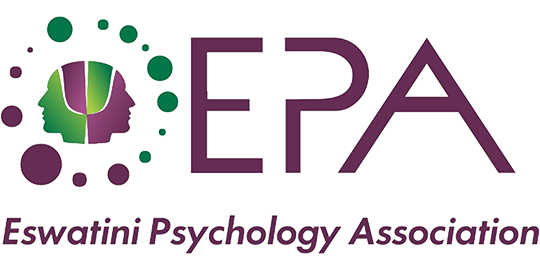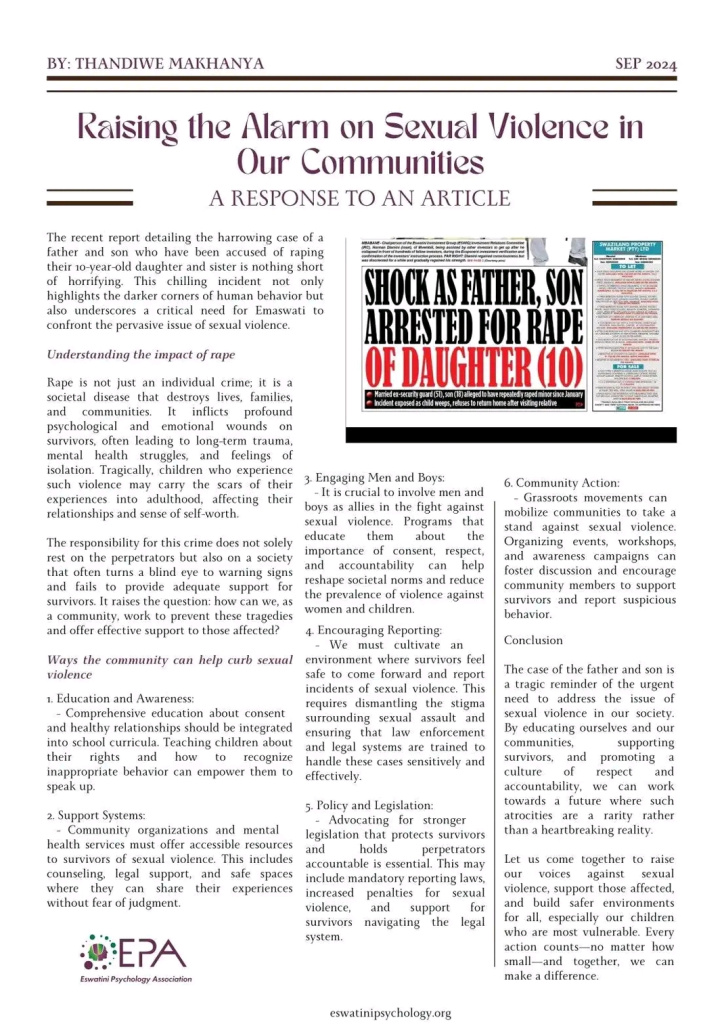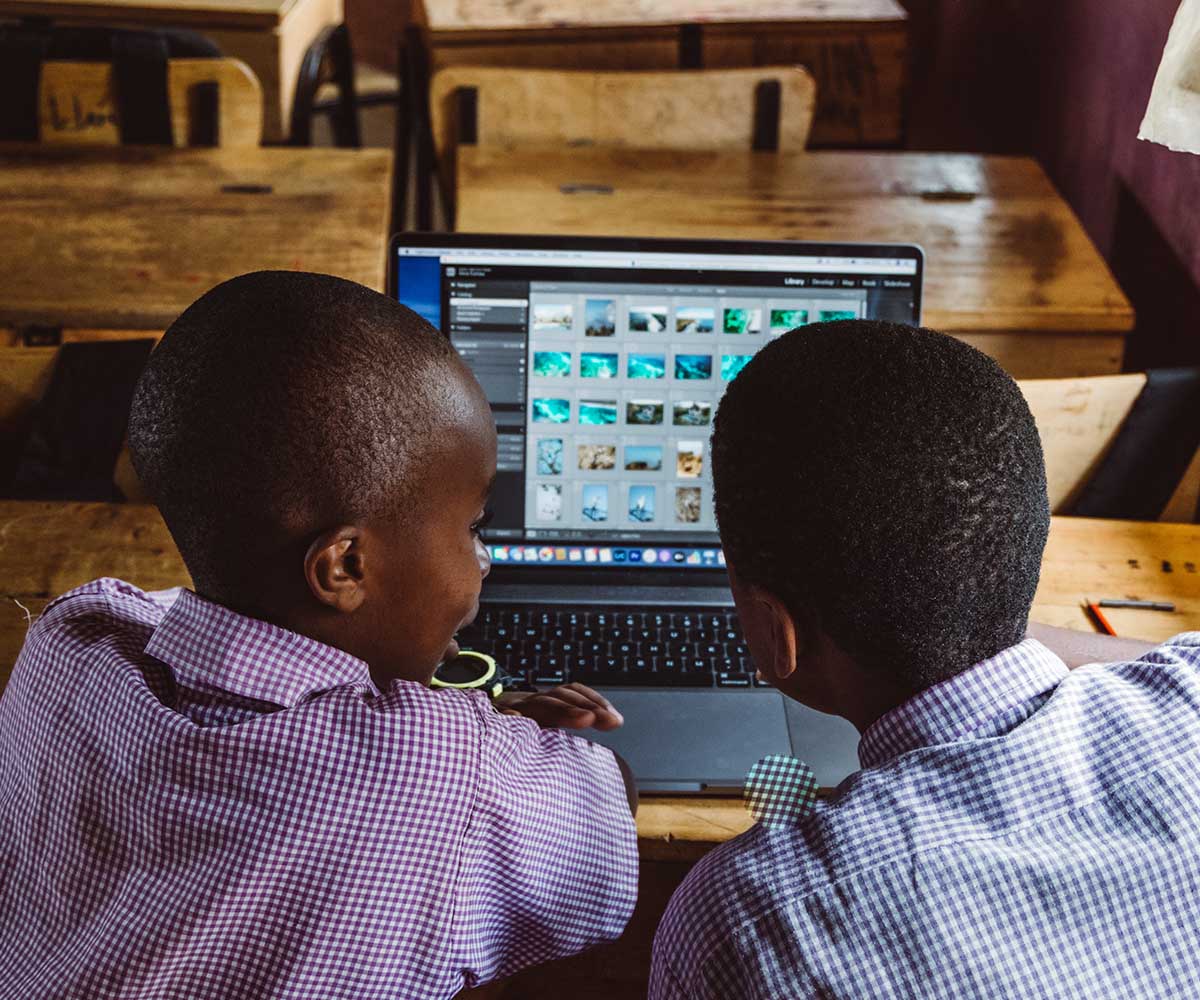
Ethics Workshop
As EPA we had our 2nd Ethics Workshop which was aimed to introduce and review basic concepts around ethical Psychological Practice as well as adressing ethical challenges emerging within the discipline of psychology Eswatini.
Thank you to everyone who attended and for sharing your valuable insights and feedback. We appreciate your contributions and hope that you found the event to be a valuable learning experience.
EPA Mental Health Walk
Eswatini Psychology Association – Mental Health Walk (Mantenga Falls)
On the 4th of June 2022, EPA facilitated a fundraising event #walkingformentalhealth. Starting and end point was Legends Backpacker Lodge and the trail lead to Mantenga Falls and back – it was an easy trail to accommodate participants’ of all ages and fitness levels. The Walkers were also lead by a Swazi Trail Tour Guide. The walk was followed by a raffle draw, a brief introduction of EPA and its members, as well as a brief talk on the importance of mental health and types of coping mechanisms.






Sponsored goods and services on the day were as follows:
- Pick n Pay: Doughnuts, Fruit, Sandwiches & Hotdogs
- Viva Beverages: 300*500ml bottles of water
- Dixies International: sponsored 1 x banner, EPA branding of 2 x banners, as well as 300 event flyers for advertising
- Ubuntu Creations: 50 T-Shirts & 20 Caps
- Swazico Medics: 2 ambulances & 5 team members to ensure participants health and safety
- Legends Backpacker Lodge: venue by providing a discounted rate






Sponsored Raffle Prizes
Prizes were mainly centered around wellness:
- 1st Prize: 6 self-awareness sessions with Clinical Psychologist, Celeste Jacobs-Richards
- 2nd Prize: E1000 Massage Voucher – White Orchid
- 3rd Prize: A meal voucher for two – Pink Lotus
- 4th Prize: His & Hers No Limit Brand T-shirts
- 5th Prize: One month Gym Membership – Fitness Zone (Manzini/Ezulwini)
The career meaning making of a single high school learner living with a sibling with a learning disorder A Systems Theory Framework for career development
Abstract
Alexander, Dinah & Dlamini, Nontobeko. (2016). The career meaning making of a single high school learner living with a sibling with a learning disorder A Systems Theory Framework for career development. South African Journal of Higher Education. 26. 10.20853/26-4-195.
Visit the following link for the full article: www.researchgate.net/view
Half of the picture: Interrogating common sense gendered beliefs surrounding sexual harassment practices in higher education
Abstract
Sexual harassment is not only a pervasive concern in many institutions of higher learning but more recently has come under the spotlight in critical discussions of academic and gender citizenship within institutional contexts in South Africa. Recently, as part of the institutional response to recent incidences of sexual harassment, a new and independent Sexual Harassment Unit at the University of the Witwatersrand was formed. However, institutional responses and strengthening of sexual harassment policies can only go so far in addressing the problem of gender violence within higher education contexts. A more concerted effort is needed that engages and destabilises the ‘common-sense’ and normalised cultures of gender and identity that are inherent in everyday interactions between gendered beings. This normalised culture is functional in informing how staff and students within tertiary institutions both interpret and respond to incidences of sexual harassment. We present critical analyses of focus group interviews conducted with different groups of male and female students and support staff at the University. The analysis highlights the role and influence of taken-for-granted assumptions of gender, identity and power that are functional in promoting a ‘culture of violence’ within this context. In interrogating problematic assumptions and their normalisation we point to the need for interventions which expose their role and influence so that more effective institutional interventions can be realised. We argue that there is a need for interventions, to take cognisance of and actively engage the deeply entrenched beliefs concerning relations of gender. These beliefs influence how practices and relations of sexual harassment are both perceived as well as how they are challenged.
Visit the following link for the full article: www.researchgate.net/view





















